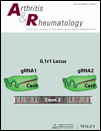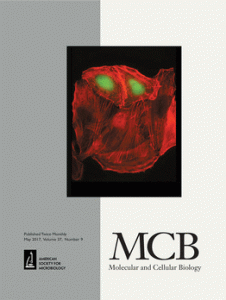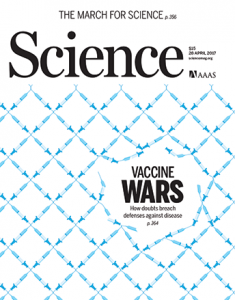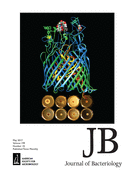 What do Kentucky Fried Chicken and scientific publishing have in common?
What do Kentucky Fried Chicken and scientific publishing have in common?
Last month, the fast food chain objected to the use of the phrase “Finger Lakin’ Good” by a man in New York, claiming the phrase was too similar to KFC’s familiar “Finger Lickin’ Good” motto.
This week, the American College of Rheumatology (ACR) forced an alleged predatory publisher to change the name of one of its journals that the society felt — fairly, it seems — was too close for comfort to one of its main titles.
In an email earlier this week, the ACR warned authors about the existence of the Journal of Arthritis and Rheumatology, a new open-access publication whose name is sometimes shortened to Arthritis and Rheumatology. To the ACR, that sounds an awful lot like the group’s own Arthritis & Rheumatology, which is published by Wiley.
Per the letter: Continue reading Publisher backs down in dispute with society over journal name
 Despite continuing to vigorously defend their work, the authors of a controversial paper about the effects of human pollution
Despite continuing to vigorously defend their work, the authors of a controversial paper about the effects of human pollution  A diabetes researcher who once sued a publisher to prevent several retractions has just issued his 12th.
A diabetes researcher who once sued a publisher to prevent several retractions has just issued his 12th.




 First, an occupational health journal appointed a new editor with industry ties without consulting the editorial board. Then, with no explanation, it withdrew a paper by the previous editor that was critical of corporate-sponsored research — again, without consulting the editorial board.
First, an occupational health journal appointed a new editor with industry ties without consulting the editorial board. Then, with no explanation, it withdrew a paper by the previous editor that was critical of corporate-sponsored research — again, without consulting the editorial board.